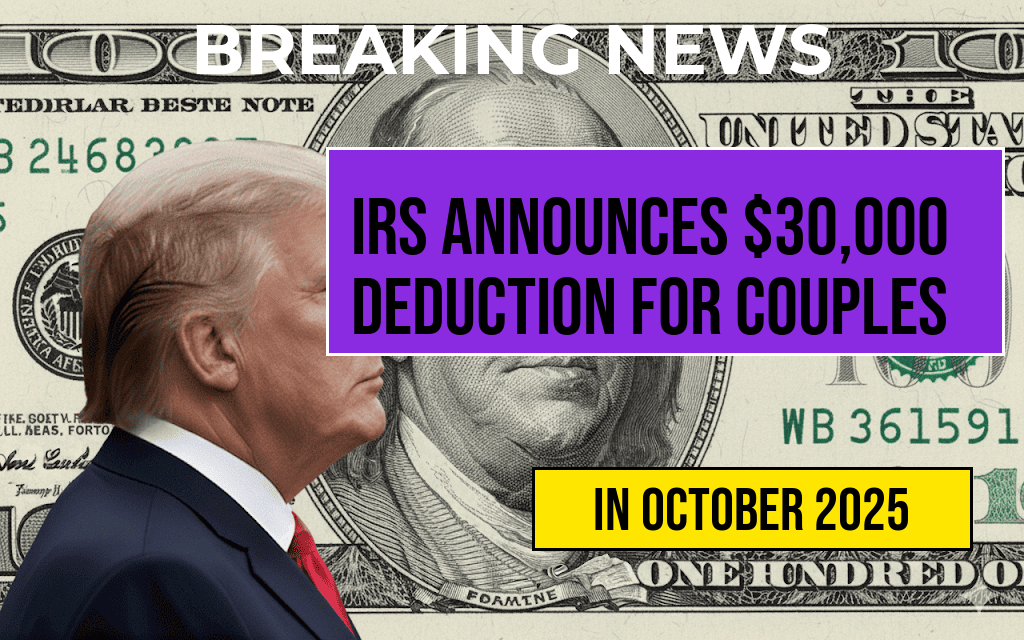In Washington D.C., the debate over the city’s minimum wage for tipped employees has taken center stage as the minimum wage reaches $17.95 an hour. However, the introduction of a tip credit system complicates this landscape. Employers must navigate the complexities of the tip credit, which allows them to pay a lower base wage to tipped workers, while ensuring that employees still receive the equivalent of the minimum wage when tips are included. This situation raises critical questions about compliance, employee earnings, and the long-term sustainability of the hospitality industry in the nation’s capital.
Understanding the Tip Credit System
The tip credit system permits employers to pay their tipped employees a reduced hourly wage, which is supplemented by tips received from customers. In D.C., the law mandates that the combination of wages and tips must equal or exceed the minimum wage of $17.95 per hour. Currently, the base wage for tipped employees is set at $5.35 per hour, significantly lower than the standard minimum wage. This wage structure poses challenges for employers who must ensure their employees earn the full minimum wage when tips are included.
Implications for Employers
- Compliance Risks: Employers face stringent regulations and potential penalties if their employees do not earn the minimum wage after tips are accounted for.
- Employee Morale: There are concerns that relying on tips can lead to income instability, impacting employee satisfaction and retention.
- Operational Adjustments: Businesses may need to adjust their pricing strategies or adopt new policies to ensure compliance with wage laws.
The $0 Difference Explained
The term “$0 difference” refers to the gap that employers must bridge between the reduced wage paid to tipped employees and the legally mandated minimum wage. As the minimum wage increases, the challenge of maintaining compliance while ensuring fair compensation becomes more pronounced. For instance, if a tipped worker earns $5.35 per hour, the employer must ensure that the total compensation, including tips, amounts to at least $17.95. If tips fall short, the employer is required to supplement the employee’s income to meet the minimum wage threshold.
Challenges for Employees
Employees in the hospitality sector often face variable income due to fluctuating tips, which can lead to financial insecurity. Many workers may find themselves in situations where their hourly earnings, when combined with tips, do not meet the minimum wage requirements, putting the onus on employers to cover the difference.
Industry Reactions and Future Considerations
The hospitality industry has expressed mixed feelings about the current wage structure. Some argue that the tip credit system is essential for maintaining profitability, while others advocate for a shift towards a higher base wage without relying on tips. Advocates for change argue that a stable wage would improve employee retention and reduce the turnover rate, which is notoriously high in the service industry.
Possible Solutions
- Adjusting the Base Wage: Raising the base wage for tipped employees could alleviate some of the financial pressures on workers.
- Revising Tip Credit Policies: Employers could benefit from a reevaluation of the tip credit system, including a phased elimination or adjustment of the credit.
- Increased Transparency: Providing clearer structures around wages and tips can help foster a more trusting relationship between employers and employees.
Conclusion
The $0 difference between tipped wages and the minimum wage in D.C. is more than just a compliance issue; it reflects broader economic realities and challenges in the hospitality industry. As discussions continue, stakeholders must consider both employee welfare and business sustainability to create a balanced approach that benefits everyone involved.
For further reading, you can refer to the following sources:
Frequently Asked Questions
What is the $0 difference employers need to address in D.C.?
The $0 difference refers to the gap that employers must consider when paying employees in Washington D.C. due to the tip credit system versus the mandated minimum wage of $17.95.
How does the tip credit system work in D.C.?
The tip credit system allows employers to pay a lower base wage to employees who receive tips, as long as their total earnings (base wage plus tips) meet or exceed the minimum wage of $17.95.
What happens if an employee’s total earnings fall below $17.95?
If an employee’s total earnings, including tips, fall below $17.95, employers are required to make up the difference to ensure compliance with D.C.’s minimum wage laws.
Are there any exceptions to the $0 difference rule?
Yes, certain exceptions may apply based on the type of business and the specific roles of employees, but generally, the $0 difference must be addressed by all employers in D.C.
What steps should employers take to comply with these regulations?
Employers should regularly review their payment practices, ensure accurate tracking of tips, and adjust wages as necessary to comply with the minimum wage requirements of $17.95.






